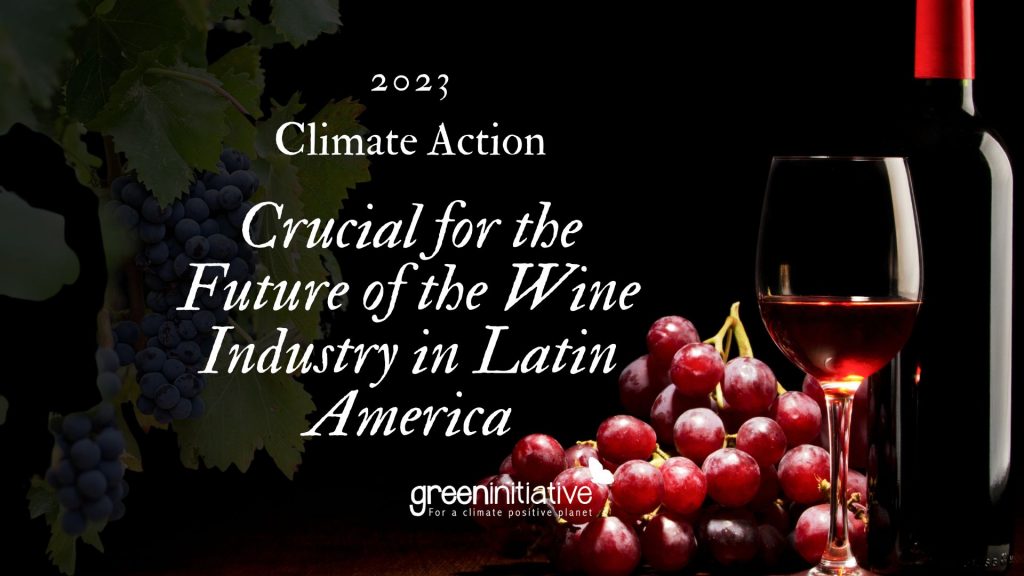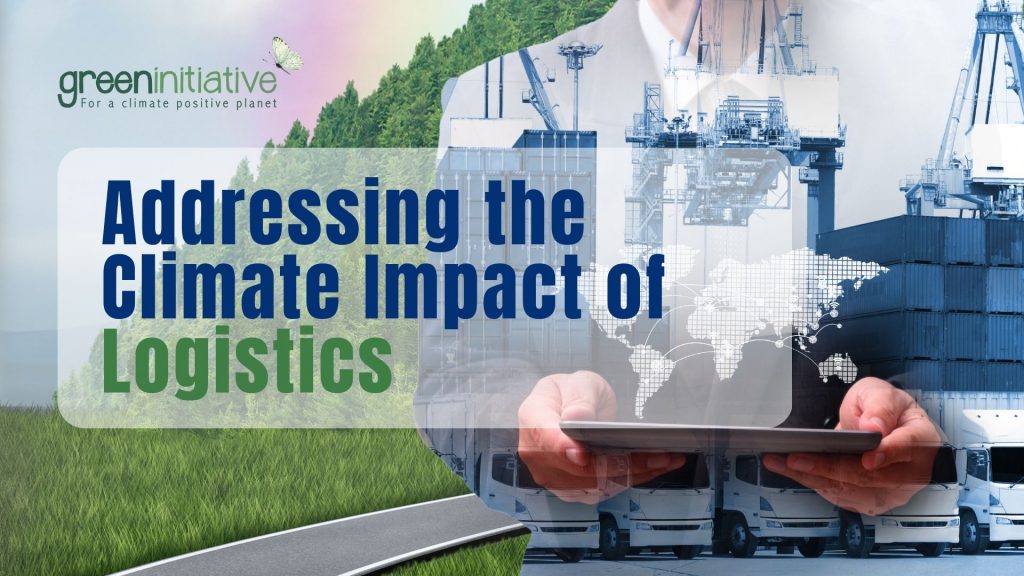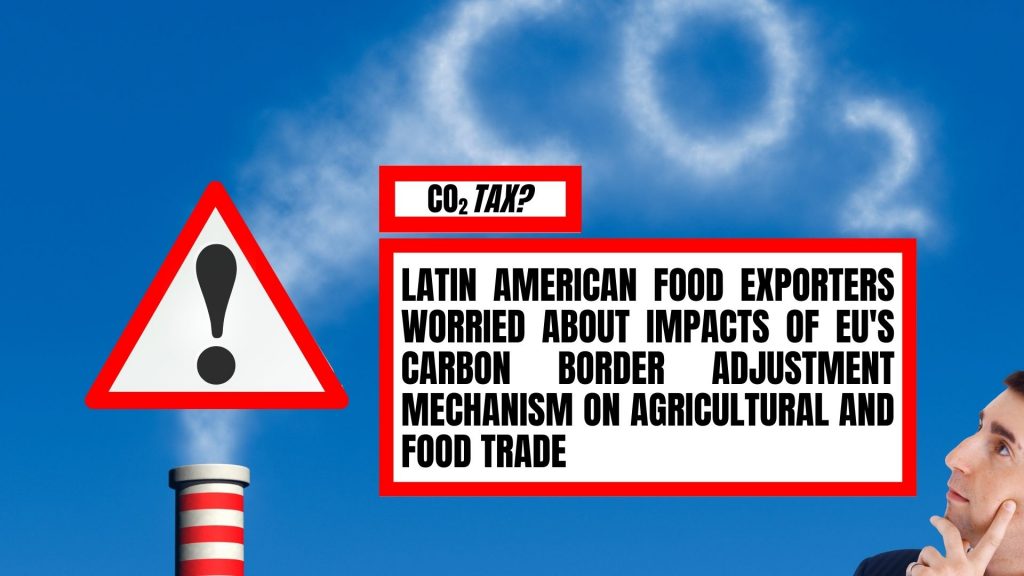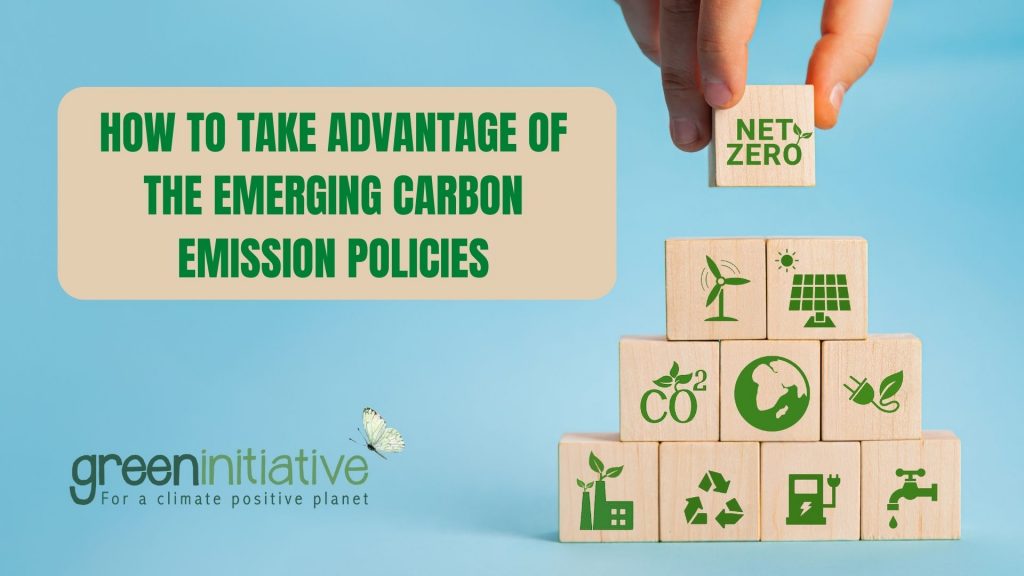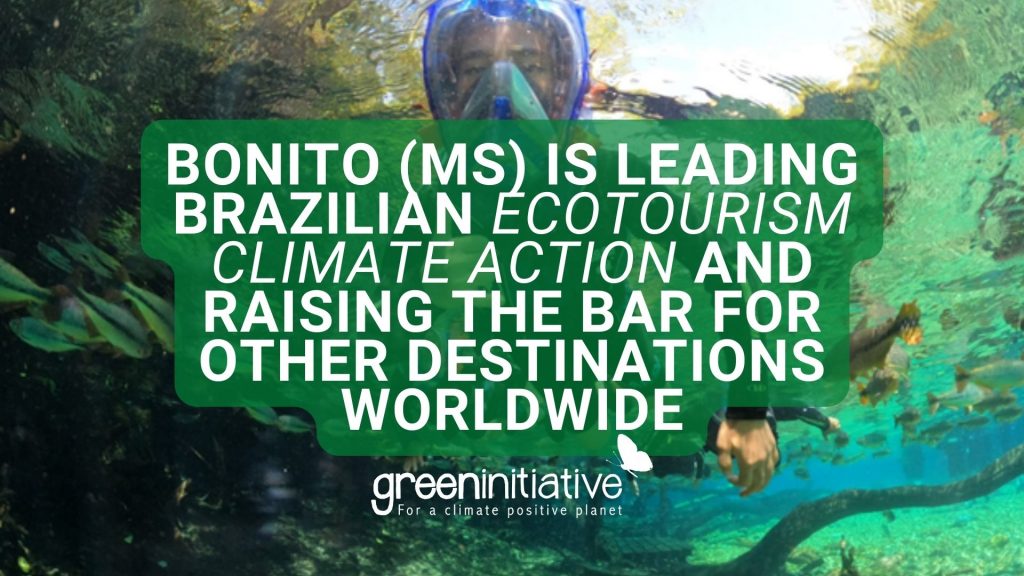The Importance of Investing in Carbon Capture Technologies
The Earth’s natural carbon sinks: Understanding their vital role in climate change The Earth has a remarkable ability to naturally sequester carbon, through a variety of processes that occur in ecosystems including forests, grasslands, wetlands, soils, and oceans. These natural processes, also known as “sinks,” play a crucial role in removing carbon dioxide, a major greenhouse gas, from the atmosphere and storing it in the Earth’s ecosystems. Although, recent studies suggest significant carbon sinks such as the Amazonia, may no longer be capturing as much carbon as they release. (Denning, 2020) The Impacts of Climate Change on Natural Carbon Sequestration Processes: Disruptions and Consequences Rising temperatures, changing precipitation patterns, and altered ecosystems due to climate change have disrupted natural carbon sequestration processes. For example, climate-induced disturbances such as wildfires, droughts, and floods can disrupt ecosystems, leading to changes in vegetation growth, carbon storage in soils, and oceanic carbon uptake. These combined impacts of climate change and human activities are reducing the Earth’s ability to naturally sequester carbon, contributing to the increase of atmospheric carbon dioxide levels and exacerbating climate change. Exploring the Potential and Limitations of Forest Regeneration as a Climate Mitigation Strategy To counteract the negative effects associated with increasing atmospheric carbon dioxide levels, climate certification and advisory companies most commonly employ the method of forest regeneration. This method is preferred due to the limited amount of required monitoring and maintenance, the added benefits to biodiversity and soil conservation, and its cost-effectiveness. Scientists estimate forest regeneration has the potential to store an equivalent of 25% of the atmospheric carbon pool (Bastin et al., 2019). However, forest regeneration is a time-consuming process and requires large areas of land, often resulting in land-use conflicts. Furthermore, considering the UN’s ambitious goal to reach carbon neutrality by 2050, it is unreasonable to hypothesize all the carbon mitigation will occur through forest regeneration. Carbon Capture and Storage (CCS) and Bioenergy with Carbon Capture and Storage (BECCS): Potential, Limitations, and the Need for Investment Decarbonization can also take place through Carbon Capture and Storage (CCS) and Bioenergy with Carbon Capture and Storage (BECCS). These emerging technologies have the potential to help mitigate the relatively large carbon footprint of aviation, maritime, and heavy industries that are considered hard to abate, as they have limited low-carbon alternatives currently available. For example, estimates suggest that CCS has the potential to capture and store up to 45% of the CO2 emissions from industrial processes. Even in the most conservative scenarios, these technologies are expected to scale up in demand enough to remove at least 2 gigatons per annum (GTPA) of carbon dioxide by 2050. However, we are still at the very beginning of development, with CCS and BECCS requiring large amounts of energy to operate and thus, having a limited carbon capture efficiency. Analyst estimates suggest a 120-fold increase in carbon uptake needs to occur for these technologies to be viable to achieve climate goals by 2050 (McKinsey, 2022) Therefore, private investment in these technologies is essential to achieve global decarbonization as it is only through advancements in material science, manufacturing, and engineering optimizations that we achieve technological improvements. Join the Climate Champions: Partner with Green Initiative for Sustainable Solutions At Green Initiative, we strive to help our clients stay up to date with the latest developments in climate action and provide our clients with the necessary tools and knowledge to set a plan to achieve decarbonization, reduce their carbon footprint, and contribute to a sustainable future. Contact us to learn more and become a part of our climate champions! This article was writen by Marc Tristant, from the Green Inititative team. References: Bastin, J., Finegold, Y., Garcia, C., Mollicone, D., Rezende, M., Routh, D., Zohner, C. M., & Crowther, T. W. (2019). The global tree restoration potential. Science, 365(6448), 76–79. https://doi.org/10.1126/science.aax0848 Denning, A. S. (2021). Southeast Amazonia is no longer a carbon sink. Nature, 595(7867), 354–355. https://doi.org/10.1038/d41586-021-01871-6 Scaling the CCUS industry to achieve net-zero emissions. (2022, October 28). McKinsey & Company. https://www.mckinsey.com/industries/oil-and-gas/our-insights/scaling-the-ccus-industry-to-achieve-net-zero-emissions
The Importance of Investing in Carbon Capture Technologies Read More »



